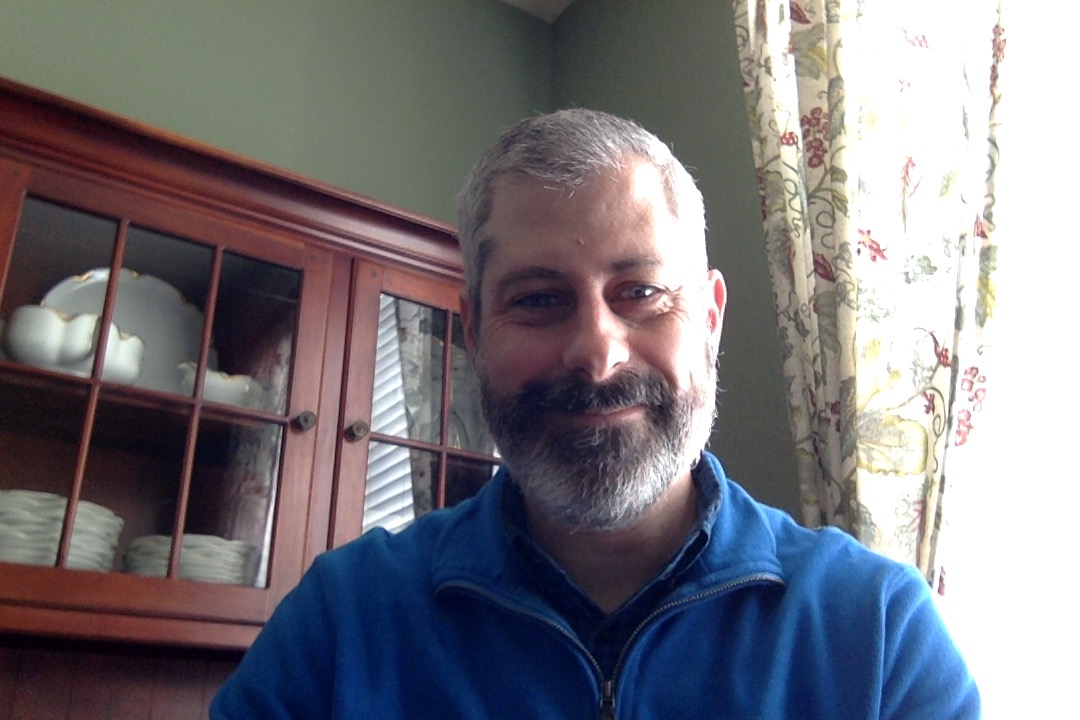Chesterton on Being Born Upside Down
- Shawn Young

- Oct 2, 2010
- 2 min read
Updated: Feb 19, 2020
Chesterton was hard on Calvinists. But even for a Calvinist, there is much to like about Chesterton. I can’t give a complete review of Orthodoxy here, but I do want to offer a sample of why I enjoyed reading it. At the conclusion of the book, Chesterton writes:
All the real argument about religion turns on the question of whether a man who was born upside down can tell when he comes right way up. The primary paradox of Christianity is that the ordinary condition of man is not his sane or sensible condition; that the normal itself is an abnormality. That is the inmost philosophy of the Fall.”

Now for someone who is so hard on Calvinists, here at least, Chesterton has much in common with us. Chesterton can be appreciated for content and for style. Orthodoxy represents his explanation of how he went from being an Agnostic as a young man, to coming to find some time later that his personal philosophy had turned out to be orthodox Christianity. The above quote serves as his closing argument about why he rejected the more in vogue thought of his day in favor of Christianity.
How could someone reject the ideas of the most intelligent people of their day? How could he dismiss the ideas of those so widely held to be the protectors of truth? Chesterton answers by forming this great thought-picture. He says that everyone is born upside down. We as fallen people are abnormal in our normal condition. In short, we do not, regardless of our resident intellectual resources, properly assess God and His work in the world. To me, Chesterton sounds a lot like he is affirming Romans 1:18, namely, that as fallen people we suppress the truth in our unrighteousness. What Calvinist would fail to appreciate Chesterton for making that point in such colorful fashion?
But Chesterton is not satisfied to leave the point there. He presses it further. The skepticism of the skeptic has deep and far-reaching consequences:
This is what I call being born upside down. The skeptic may truly be said to be topsy-turvy; for his feet are dancing upwards in idle ecstasies, while his brain is the abyss. To the modern man the heavens are actually below the earth. The explanation is simple; he is standing on this head; which is a very weak pedestal to stand on. But when he has found his feet again he knows it. Christianity satisfies suddenly and perfectly man’s ancestral instinct for being the right way up; satisfies it supremely in this; that by its creed joy becomes something gigantic and sadness something special and small.”
Here Chesterton makes a point that we might expect to be made today by John Piper. Our joy is most complete only when we are reconnected to the One who is the inexhaustible source of all joy. Whatever joy we experience in our fallen condition pales in comparison to the joy found through redemption in Jesus Christ. Chesterton does not deny sadness is real in this present life; but he sees it as being engulfed by the joy of being united to the God of resurrection. I am quite willing to express my appreciation for anyone who is able to so vividly remind me of the incomparable riches found in Christ Jesus.




Comments